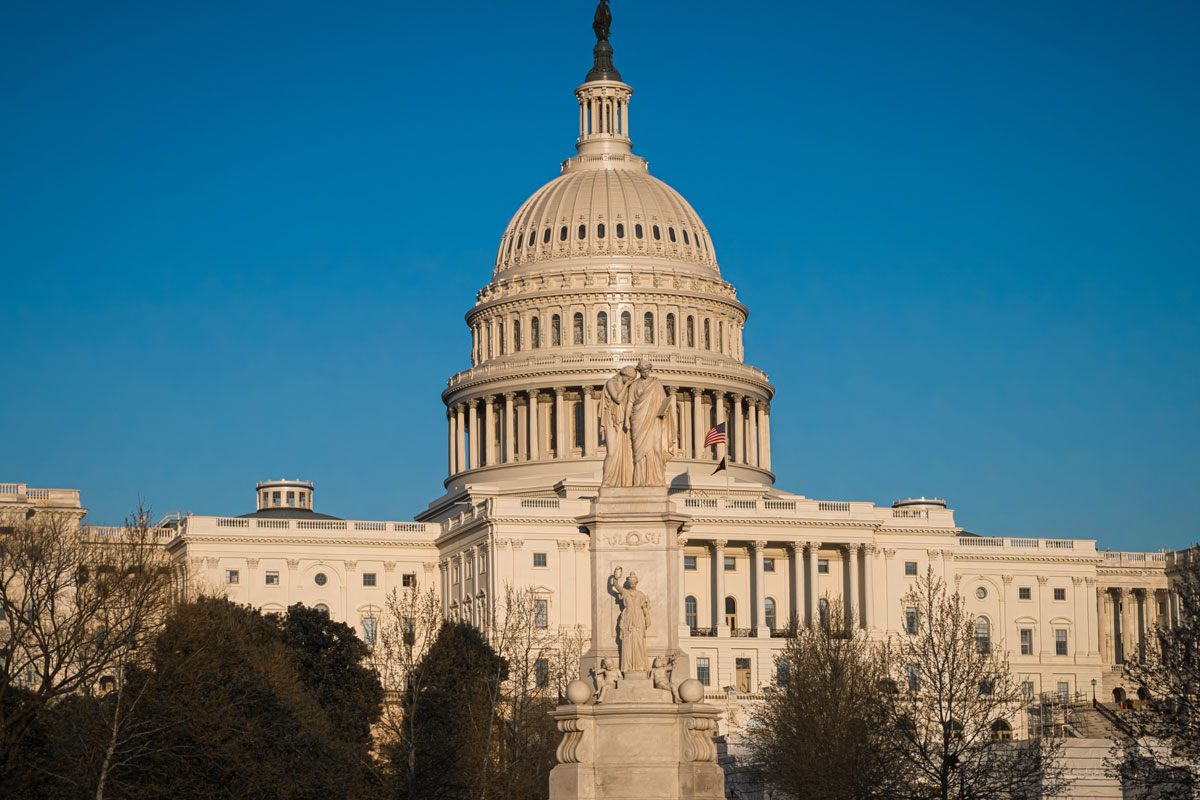Could this be setting the stage for national legalization?
In Northeast Patients Group, et al. v. United Cannabis Patients and Caregivers of Maine, a split panel for the United States Court of Appeals for the First Circuit affirmed a district court’s decision applying the U.S. Constitution’s Dormant Commerce Clause and striking down Maine’s local state residency requirements for medical cannabis business ownership. The ruling has major implications for state cannabis regimes and may even provide an instructive path towards national legalization.
The matter arose when Plaintiff and Delaware corporation High Street Capital (“HSC”) attempted to acquire co-Plaintiff Northeast Patients Group (“NPG”), a medical cannabis dispensary operating in Maine and holding three of the state’s seven dispensary licenses. Under Maine law, however, all individuals holding a management or ownership interest in a medical cannabis dispensary were required to be a state resident. NPG and HSC then filed suit under 42 U.S.C. § 1983 challenging the state’s residency requirements. The parties ultimately filed cross-motions for summary judgment.
In a 2-1 decision, the First Circuit sided with NPG and HSC, holding that Maine’s residency requirement was unconstitutional. In doing so, the Court held that the Constitution’s Dormant Commerce Clause applied to state cannabis regulations, despite continuing federal prohibition.
The U.S. Constitution’s Commerce Clause vests Congress with the authority to regulate interstate commerce. The Dormant Commerce Clause, conversely, refers to the Constitution’s corresponding and implicit prohibitions against states enacting laws that excessively burden interstate commerce.
In its ruling, the Court noted that Congress had “acknowledged the existence of a [medical cannabis] market,” through various efforts such as continuing renewal of the Rohrabacher-Farr Amendment, a spending bill rider that prohibits the U.S. Department of Justice from allocating funds toward the prosecution of state-compliant medical marijuana regimes. The panel further noted that the holding “reflects the reality” there is a market for dispensary ownership that, absent the residency requirement, would “attract entrants far and wide.” The Court viewed this market reality as an implicit acknowledgment that Maine’s residency requirement unreasonably burdened interstate commerce and upheld a permanent injunction against the residency requirement.
While the First Circuit’s holding is currently limited to those states located within the circuit, the panel’s decision is likely to reverberate throughout the cannabis industry. Most notably, Northeast Patients Group is likely to have bearing on how other courts interpret residency requirements for their own state’s cannabis regime, and how they apply the U.S. Constitution to cannabis companies. States may also look to revise or amend ownership laws accordingly.
There is also good reason to believe that the First Circuit’s decision represents a continuing trend in the cannabis industry toward fewer residency requirements (as well as ownership requirements affecting interstate commerce generally). For example, residency-based preferences and requirements in Michigan and Missouri were similarly struck down on Dormant Commerce Clause grounds last year.
The panel’s decision has additional implications for potential federal legalization efforts. In applying the Dormant Commerce Clause to the cannabis industry, the First Circuit may be signaling that cannabis regulation, or at least certain aspects of it, inherently impact interstate commerce and therefore must necessarily be regulated by Congress. This admission may ultimately lead to an easing of tensions between state and federal cannabis policy and carve a path toward harmonization of federal and state regimes.
The full impact of Northeast Patients Group will likely not be known for some time as other courts and states grapple with the case and resulting certitude of the Commerce Clause’s applicability to the cannabis industry. The case does, however, represent a continuing shift toward further legitimization of cannabis and significant evolution in the interplay between state regimes and the U.S. Constitution.
With a practical approach, Chad provides compliance guidance and litigation defense on matters related to cannabis, advertising and marketing, teleservices, and other consumer protection issues.



